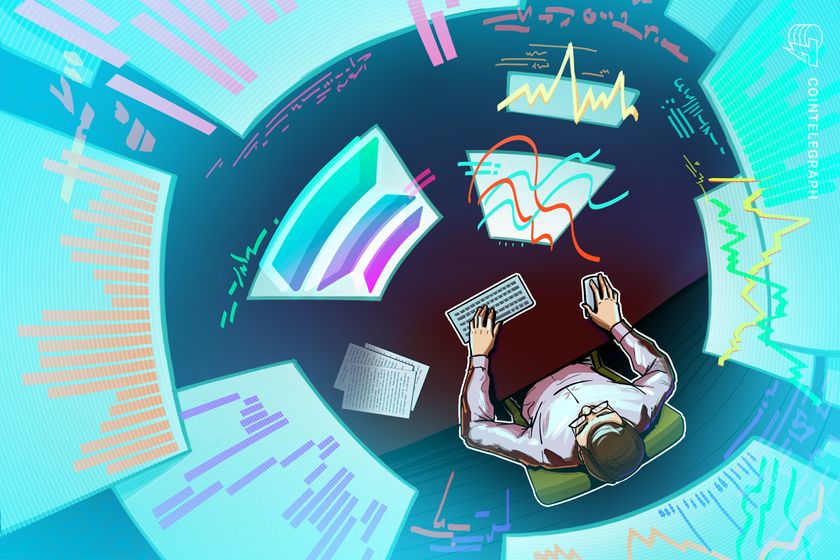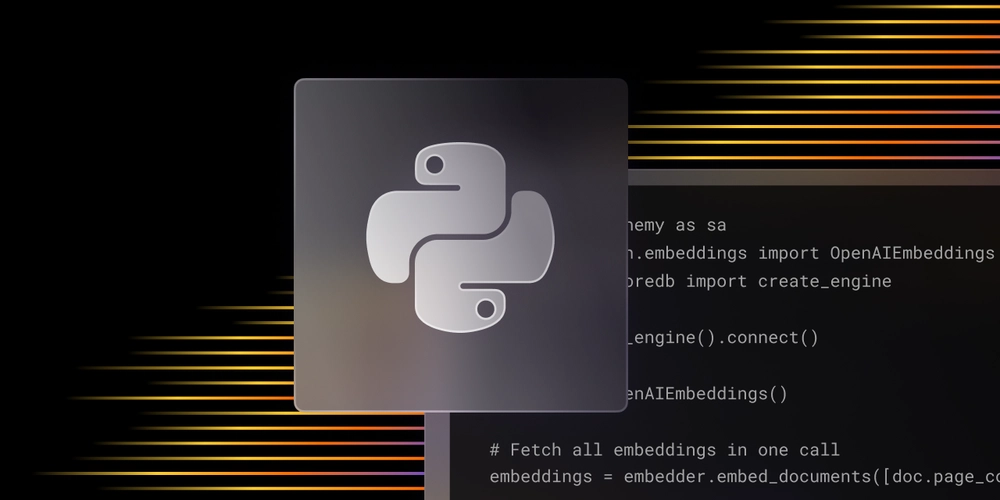AI Revolution: How Artificial Intelligence is Shaping the Future of Development
Artificial Intelligence (AI) is no longer just a buzzword—it’s a transformative force reshaping industries, redefining innovation, and creating new opportunities for developers worldwide. From automating mundane tasks to enabling groundbreaking applications like generative AI and autonomous systems, AI is at the forefront of technological evolution. For the dev community, staying ahead means not just understanding AI but leveraging its potential to build the next generation of solutions. Why Should Developers Care About AI? AI is no longer confined to research labs or big tech companies. It’s now accessible to developers of all levels, thanks to open-source frameworks, cloud-based AI services, and pre-trained models. Whether you’re building a chatbot, optimizing a recommendation engine, or experimenting with computer vision, AI tools are becoming essential in every developer’s toolkit. Here’s why AI matters to you: Automation: AI can handle repetitive tasks, freeing up your time to focus on creative problem-solving. Personalization: From e-commerce to content platforms, AI enables hyper-personalized user experiences. Innovation: AI opens doors to new possibilities, like generative art, natural language processing, and predictive analytics. Career Growth: AI skills are in high demand, and adding them to your skill set can significantly boost your career prospects. Key Trends in AI Every Developer Should Know 1.Generative AI Generative AI models like GPT (Generative Pre-trained Transformer) and DALL·E are revolutionizing how we create content. From writing code to generating images, these tools are empowering developers to automate creative processes and build smarter applications. 2.AI in Low-Code/No-Code Development Platforms like TensorFlow, PyTorch, and Hugging Face are making AI more accessible. Even if you’re not an AI expert, you can now integrate pre-trained models into your projects with minimal effort. 3.Edge AI AI is moving to the edge—think smart devices, IoT, and real-time processing. This trend allows developers to build faster, more efficient applications that don’t rely solely on cloud computing. 4.Ethical AI As AI becomes more pervasive, ethical considerations like bias, transparency, and accountability are gaining attention. Developers play a crucial role in ensuring AI systems are fair, inclusive, and trustworthy. 5.AI-Powered DevOps AI is transforming DevOps by automating testing, monitoring, and deployment processes. Tools like AI-driven code review and anomaly detection are helping teams deliver better software faster Getting Started with AI: Tips for Developers 1.Learn the Basics Start with foundational concepts like machine learning, neural networks, and data preprocessing. Platforms like Coursera, Udemy, and Fast.ai offer excellent beginner-friendly courses. 2.Experiment with Frameworks Familiarize yourself with popular AI frameworks like TensorFlow, PyTorch, and Scikit-learn. These tools provide the building blocks for creating and training AI models. 3.Leverage Pre-Trained Models Don’t reinvent the wheel. Use pre-trained models from platforms like Hugging Face or OpenAI to jumpstart your projects. 4.Join the Community The AI dev community is vibrant and supportive. Participate in forums, attend hackathons, and collaborate on open-source projects to learn and grow. 5.Build Real-World Projects Apply your knowledge by building practical applications. Whether it’s a sentiment analysis tool, a recommendation system, or a simple chatbot, hands-on experience is the best way to master AI. The Future of AI in Development The AI revolution is just getting started. As AI continues to evolve, developers will play a pivotal role in shaping its future. From creating ethical AI systems to pushing the boundaries of what’s possible, the opportunities are endless. So, are you ready to embrace the AI revolution? Whether you’re a seasoned developer or just starting out, now is the perfect time to dive into AI and explore its limitless potential. Let’s build the future together—one line of code at a time.
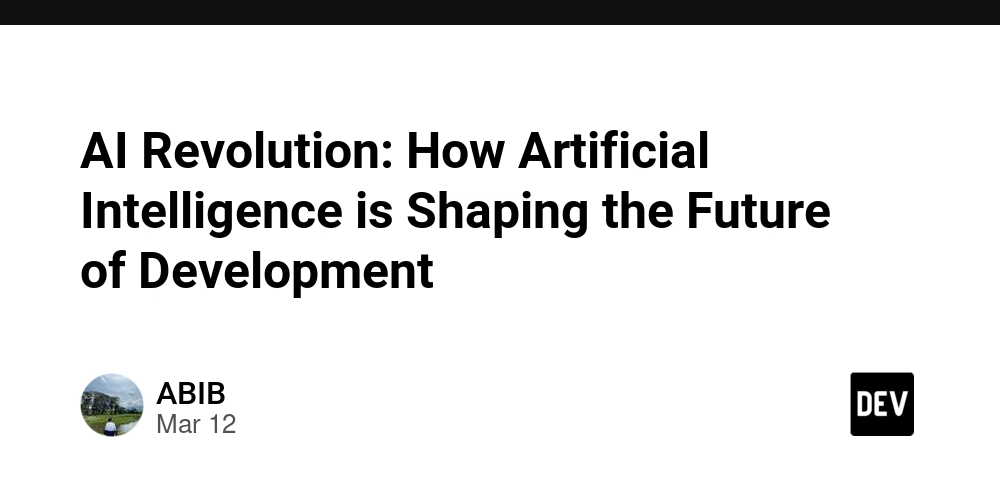
Artificial Intelligence (AI) is no longer just a buzzword—it’s a transformative force reshaping industries, redefining innovation, and creating new opportunities for developers worldwide. From automating mundane tasks to enabling groundbreaking applications like generative AI and autonomous systems, AI is at the forefront of technological evolution. For the dev community, staying ahead means not just understanding AI but leveraging its potential to build the next generation of solutions.
Why Should Developers Care About AI?
AI is no longer confined to research labs or big tech companies. It’s now accessible to developers of all levels, thanks to open-source frameworks, cloud-based AI services, and pre-trained models. Whether you’re building a chatbot, optimizing a recommendation engine, or experimenting with computer vision, AI tools are becoming essential in every developer’s toolkit.
Here’s why AI matters to you:
Automation: AI can handle repetitive tasks, freeing up your time to focus on creative problem-solving.
Personalization: From e-commerce to content platforms, AI enables hyper-personalized user experiences.
Innovation: AI opens doors to new possibilities, like generative art, natural language processing, and predictive analytics.
Career Growth: AI skills are in high demand, and adding them to your skill set can significantly boost your career prospects.
Key Trends in AI Every Developer Should Know
1.Generative AI
Generative AI models like GPT (Generative Pre-trained Transformer) and DALL·E are revolutionizing how we create content. From writing code to generating images, these tools are empowering developers to automate creative processes and build smarter applications.
2.AI in Low-Code/No-Code Development
Platforms like TensorFlow, PyTorch, and Hugging Face are making AI more accessible. Even if you’re not an AI expert, you can now integrate pre-trained models into your projects with minimal effort.
3.Edge AI
AI is moving to the edge—think smart devices, IoT, and real-time processing. This trend allows developers to build faster, more efficient applications that don’t rely solely on cloud computing.
4.Ethical AI
As AI becomes more pervasive, ethical considerations like bias, transparency, and accountability are gaining attention. Developers play a crucial role in ensuring AI systems are fair, inclusive, and trustworthy.
5.AI-Powered DevOps
AI is transforming DevOps by automating testing, monitoring, and deployment processes. Tools like AI-driven code review and anomaly detection are helping teams deliver better software faster
Getting Started with AI: Tips for Developers
1.Learn the Basics
Start with foundational concepts like machine learning, neural networks, and data preprocessing. Platforms like Coursera, Udemy, and Fast.ai offer excellent beginner-friendly courses.
2.Experiment with Frameworks
Familiarize yourself with popular AI frameworks like TensorFlow, PyTorch, and Scikit-learn. These tools provide the building blocks for creating and training AI models.
3.Leverage Pre-Trained Models
Don’t reinvent the wheel. Use pre-trained models from platforms like Hugging Face or OpenAI to jumpstart your projects.
4.Join the Community
The AI dev community is vibrant and supportive. Participate in forums, attend hackathons, and collaborate on open-source projects to learn and grow.
5.Build Real-World Projects
Apply your knowledge by building practical applications. Whether it’s a sentiment analysis tool, a recommendation system, or a simple chatbot, hands-on experience is the best way to master AI.
The Future of AI in Development
The AI revolution is just getting started. As AI continues to evolve, developers will play a pivotal role in shaping its future. From creating ethical AI systems to pushing the boundaries of what’s possible, the opportunities are endless.
So, are you ready to embrace the AI revolution? Whether you’re a seasoned developer or just starting out, now is the perfect time to dive into AI and explore its limitless potential.
Let’s build the future together—one line of code at a time.
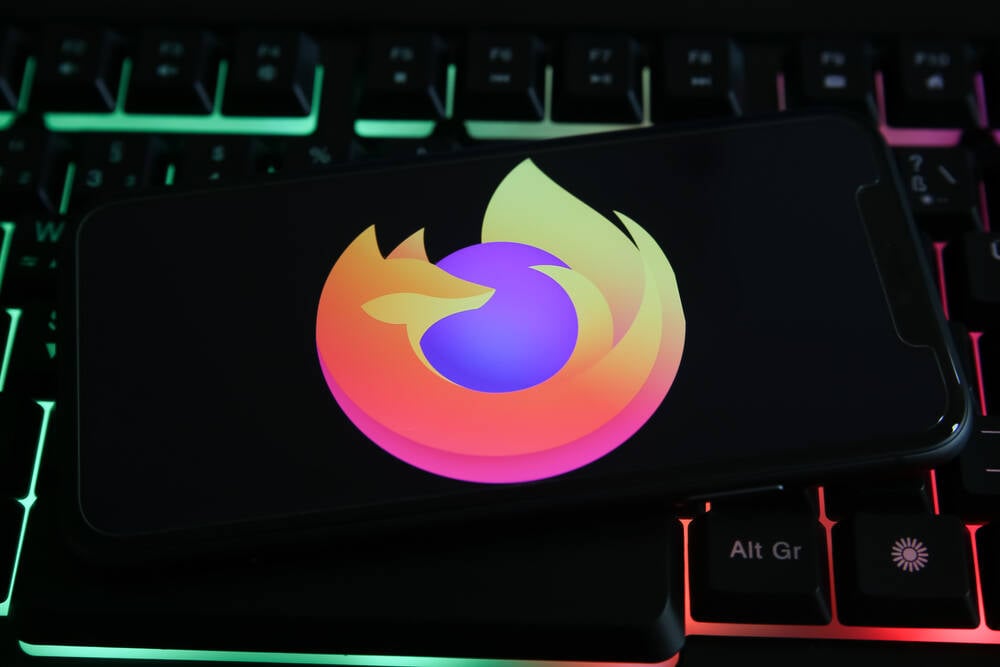








































































































































































![[The AI Show Episode 142]: ChatGPT’s New Image Generator, Studio Ghibli Craze and Backlash, Gemini 2.5, OpenAI Academy, 4o Updates, Vibe Marketing & xAI Acquires X](https://www.marketingaiinstitute.com/hubfs/ep%20142%20cover.png)

















































































































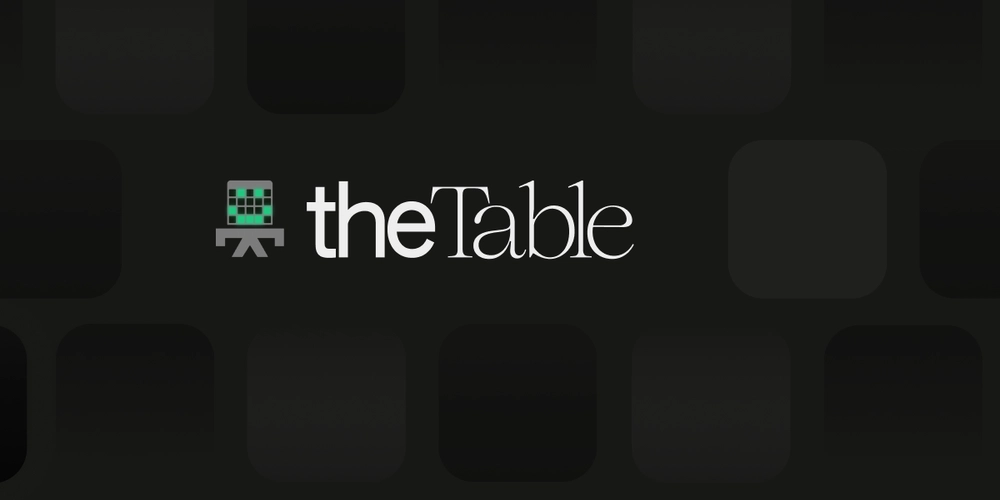
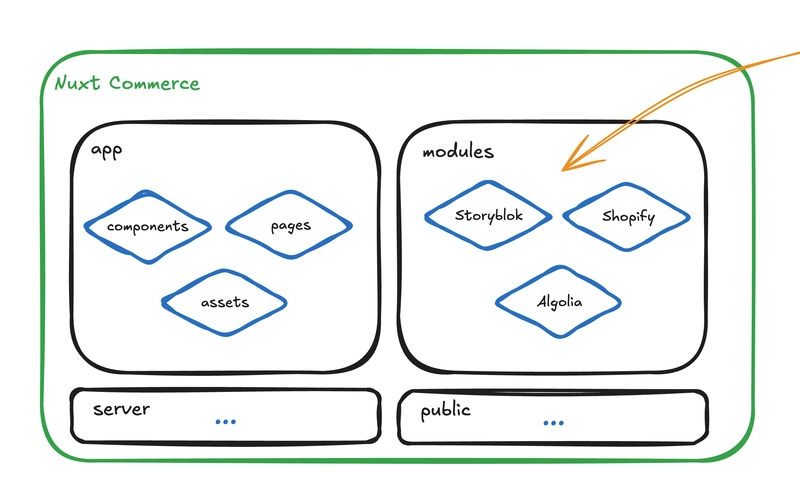
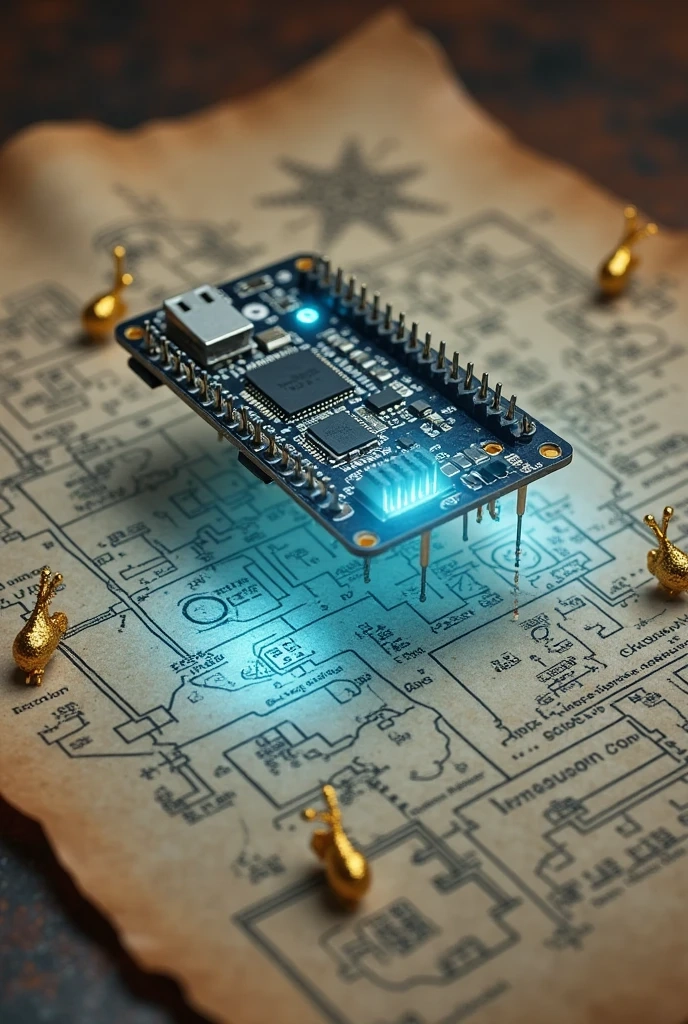











![[DEALS] The Premium Learn to Code Certification Bundle (97% off) & Other Deals Up To 98% Off – Offers End Soon!](https://www.javacodegeeks.com/wp-content/uploads/2012/12/jcg-logo.jpg)

![From drop-out to software architect with Jason Lengstorf [Podcast #167]](https://cdn.hashnode.com/res/hashnode/image/upload/v1743796461357/f3d19cd7-e6f5-4d7c-8bfc-eb974bc8da68.png?#)








































































































.png?#)


































_Christophe_Coat_Alamy.jpg?#)



.webp?#)


































































































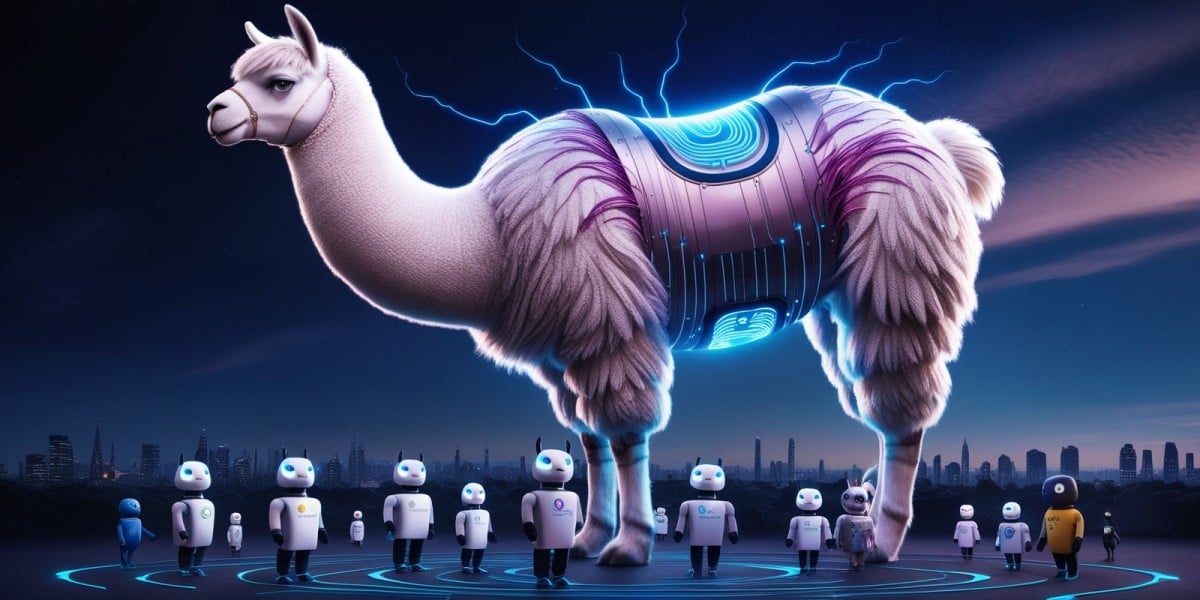



![Apple Considers Delaying Smart Home Hub Until 2026 [Gurman]](https://www.iclarified.com/images/news/96946/96946/96946-640.jpg)
![iPhone 17 Pro Won't Feature Two-Toned Back [Gurman]](https://www.iclarified.com/images/news/96944/96944/96944-640.jpg)
![Tariffs Threaten Apple's $999 iPhone Price Point in the U.S. [Gurman]](https://www.iclarified.com/images/news/96943/96943/96943-640.jpg)



































































































